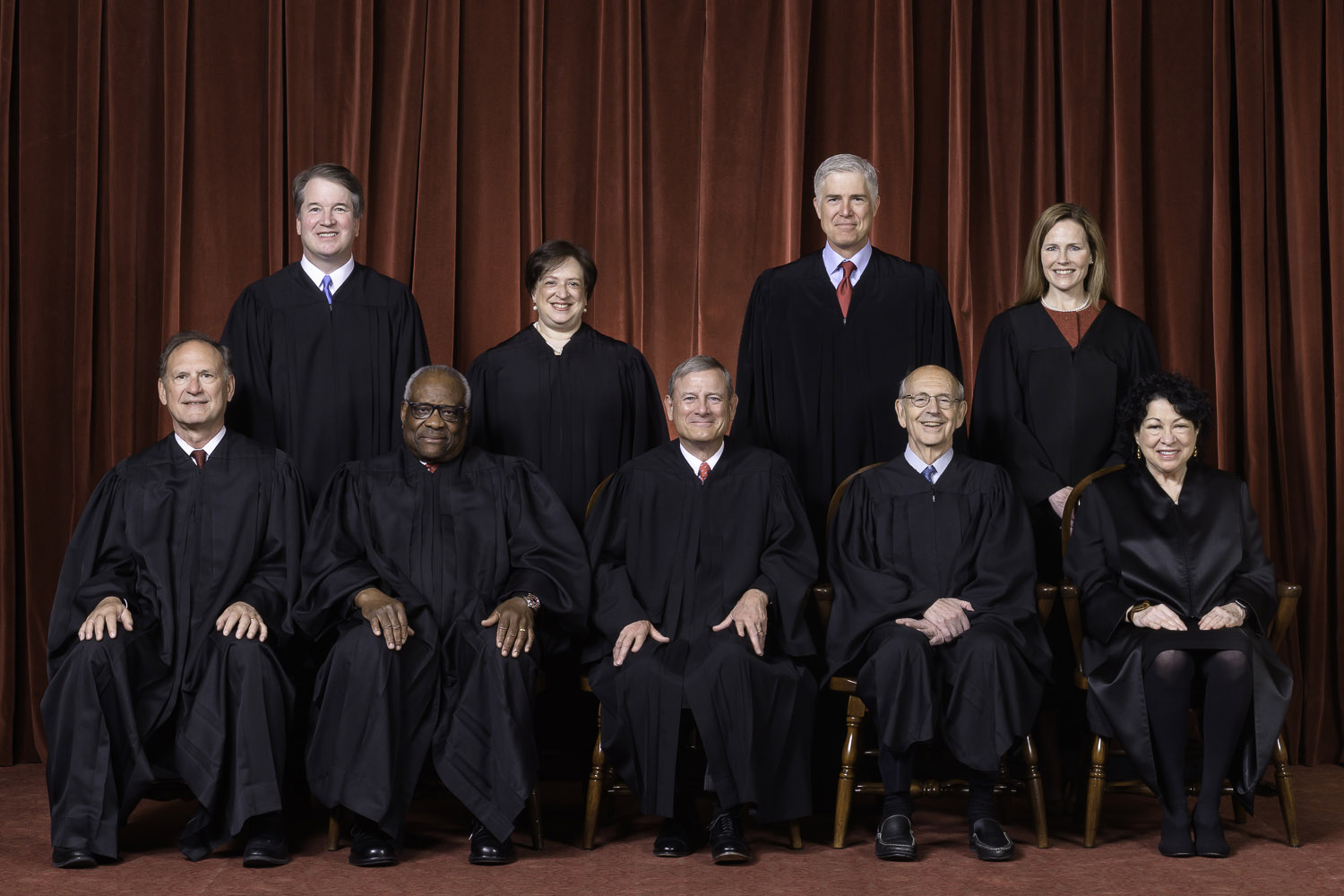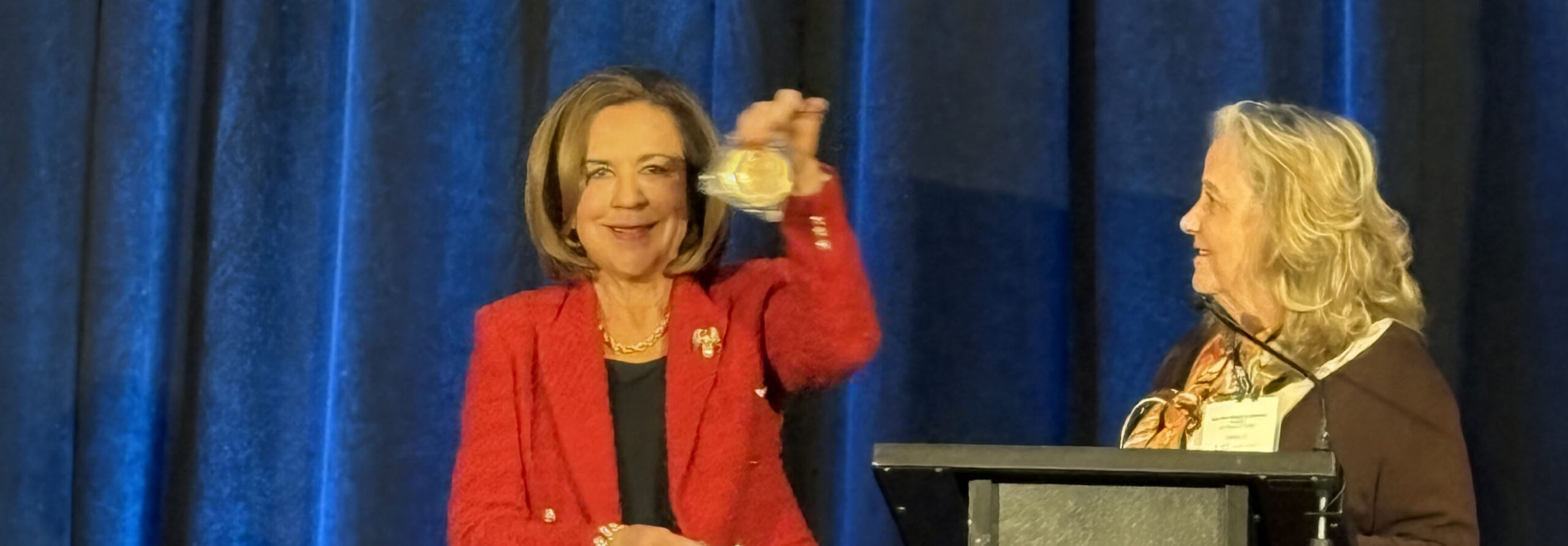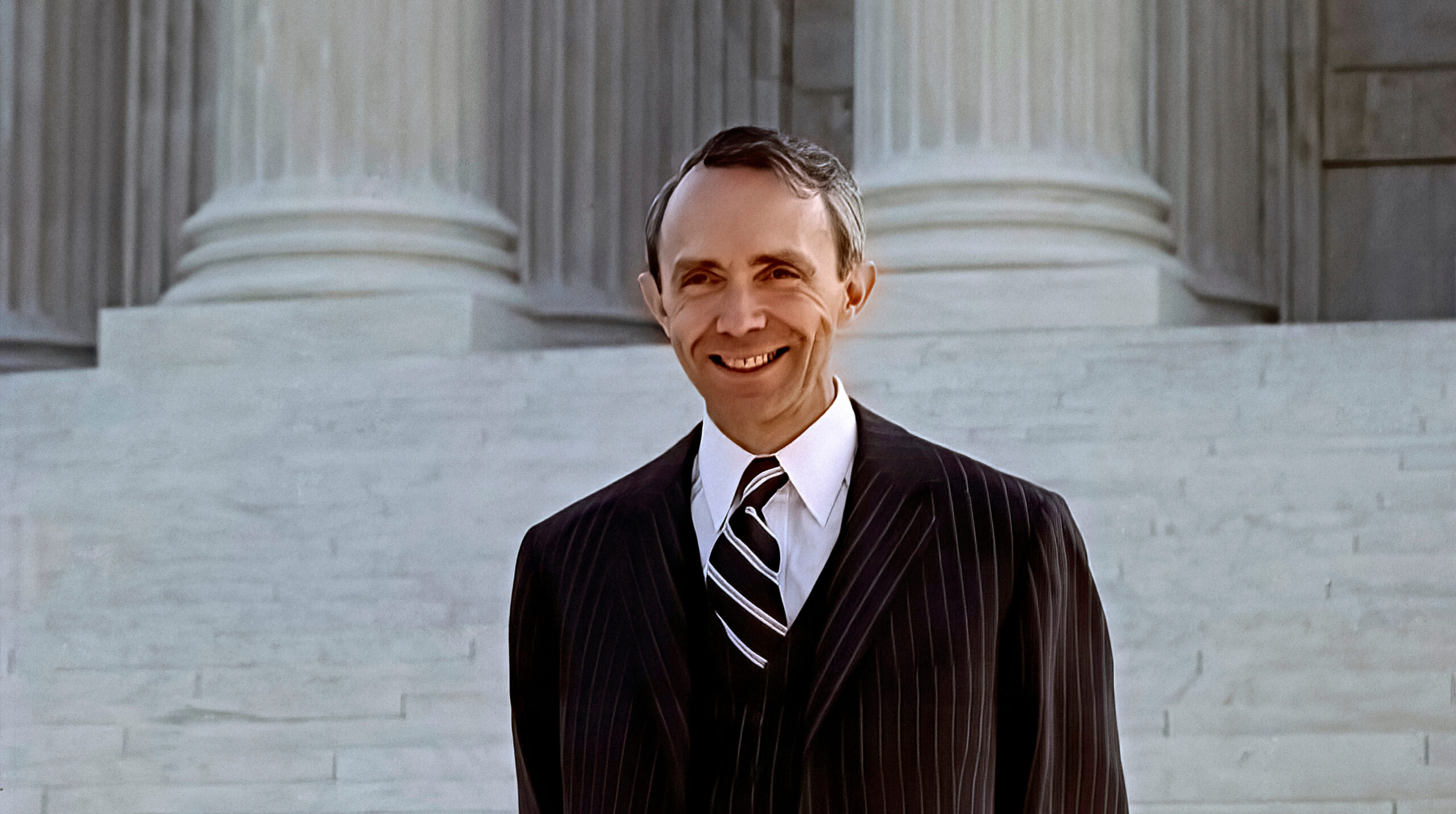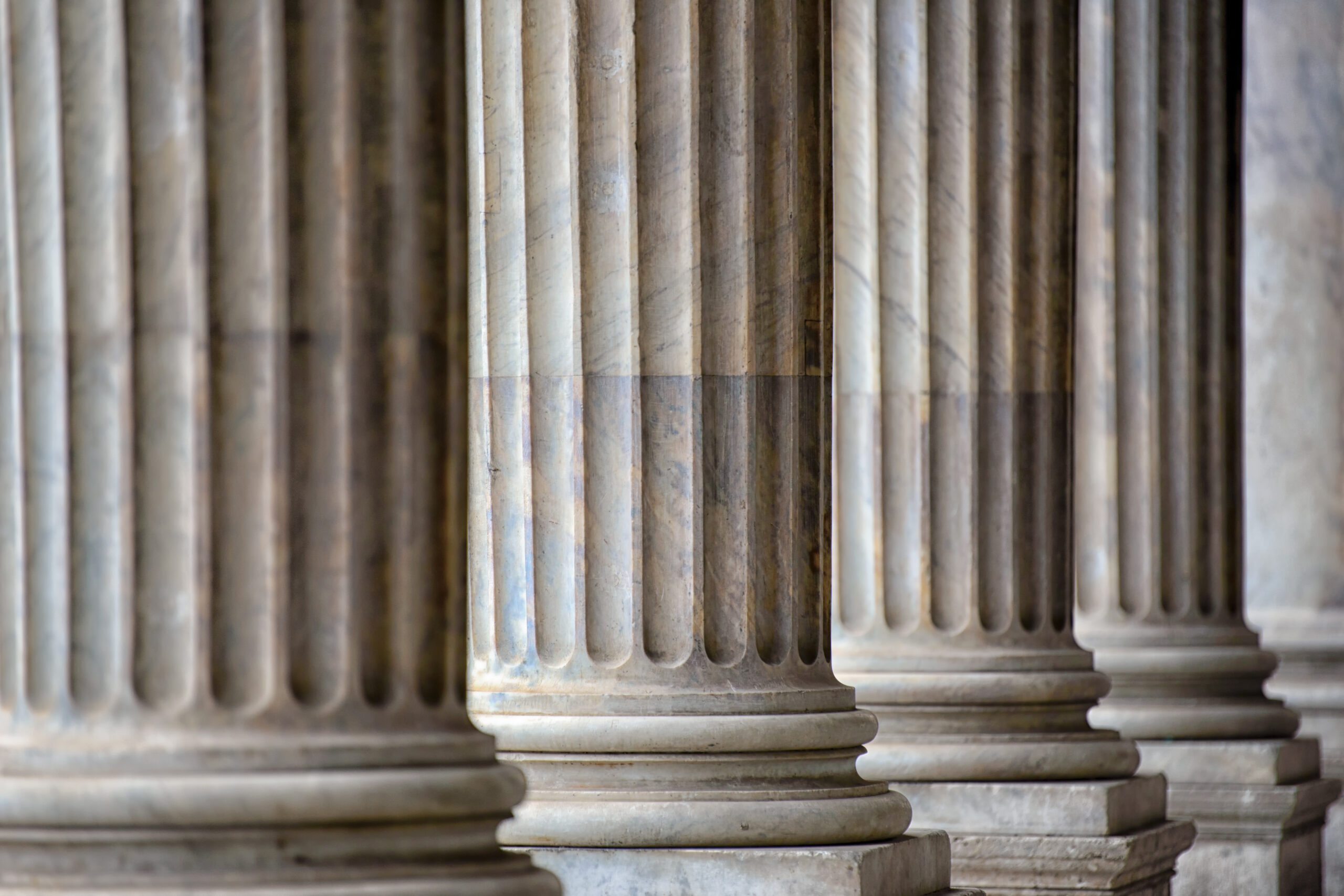
By Autumn King
About 6 in 10 judges surveyed think there should be term limits for the Supreme Court of the United States. The other 40 percent favor keeping the current lifetime appointments.
Those were the results from the NJC’s Question of the Month for October, which asked alumni if there should be term limits for SCOTUS service and, if so, how long. Three potential term ranges were given.
Of the 632 judges who responded, one-third (33 percent) favored the middle range (11 to 19 years); 18 percent chose 20 years or longer, and 10 percent voted for 10 years or less.
In interviews related to his new book, “The Authority of the Court and the Peril of Politics,” Justice Stephen Breyer has reaffirmed his support for term limits. He said he could favor an 18-year limit. Breyer is 83 and has been on the court for 27 years.
Of the 40 percent plurality in the poll that favored keeping lifetime appointments, some said term limits would create the potential for age discrimination.
“A justice appointed in their 50s should be able to hold that position for 20 years or longer,” wrote one anonymous judge. “Forcing them to retire before they are ready isn’t fair or in line with the Constitution.”
One anonymous judge argued that term limits would actually provide more stability.
“Knowing when a Justice’s term is ending would allow some predictability and consistency in the appointment process. Abrupt ideological shifts in the court do an enormous disservice to us all.”
Another judge said that applying term limits could reinforce the Constitution’s envisioned checks and balances. If a justice truly remained loyal to the president who appointed him or her, at least that power would not persist for the entire lifetime of the appointed justice.
“The pressure would be off for a president to feel that they can change the course of history…,” wrote Senior Judge Mary M. James of Salem, Oregon.
Among the 194 judges who left comments, many offered suggestions that fell outside of the poll question. These included staggering justices’ terms or allowing past justices to continue to advise the court after their terms expire.
* Each month the College emails an informal, non-scientific one-question survey to its more than 12,000 judicial alumni in the United States and abroad. The results, summarized in the NJC’s Judicial Edge Today, are not intended to be characterized as conclusive research findings.

The National Judicial College has awarded Missouri Supreme Court Judge Mary Russell with the Sandra Day O�...

Emeritus Trustee Bill Neukom (left) with former Board of Trustee Chair Edward Blumberg (right) at the NJC 60...

The National Judicial College, the nation’s premier institution for judicial education, announced today t...

The National Judicial College (NJC) is mourning the loss of one of its most prestigious alumni, retired Uni...

As threats to judicial independence intensify across the country, the National Judicial College (NJC) today...